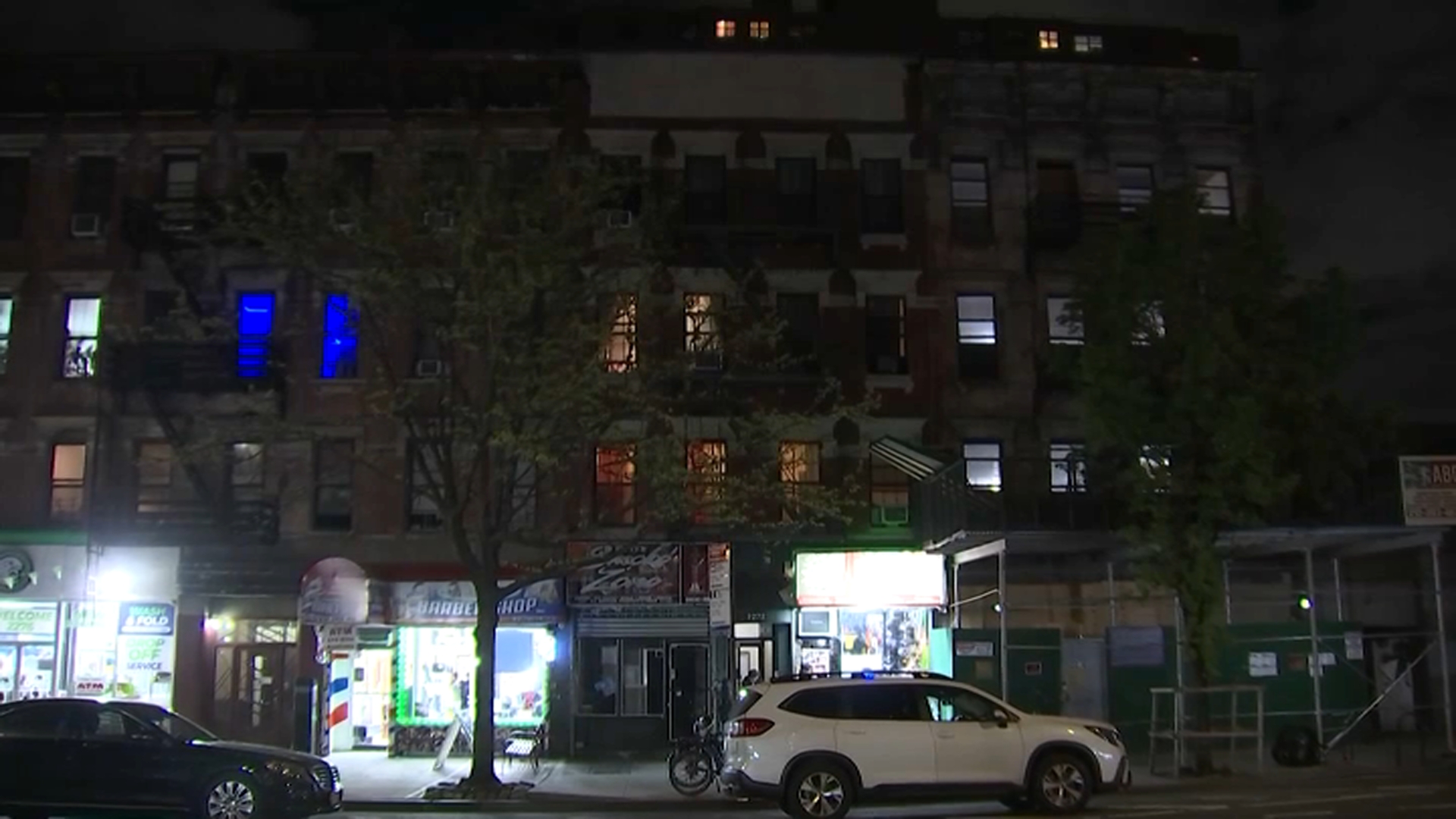A New Jersey bus driver had only been on the job for 13 days when he pulled out in front a dump truck, resulting in a crash that killed 11-year-old Isabelle Tezla.
The National Transportation Safety Board was brought in to investigate the 2012 Chesterfield crash, which caused the bus to spin around like a top before slamming into a light pole. The driver had recently passed the nation’s most commonly used drug test, but the investigative body ultimately said the driver’s "reduced vigilance" due to fatigue and the "sedative effects from his use of prescription medications" contributed to the crash.
The I-Team found that the test the driver passed – a five-panel drug test – didn’t screen for the drug he was using, the powerful prescription opiate Tramadol. The test, which is the federal standard for commercial drivers and pilots, checks for illegal drugs but not the most commonly abused prescription drugs.
"The industry standards need to change, it’s not just what the federal government requires," said Heidi Villari, the Tezla family’s attorney.
James Greer, the president of testing company Accredited Drug Testing, said agencies like the Federal Aviation Administration and the federal Department of Transportation only require drivers and pilots to take a five panel drug test, screening for THC, illicit opiates, PCP, cocaine, and amphetamines.
"There's an assumption… that the five-panel is good enough for the federal government so it ought to in fact cover everything we need to know," said Greer.
He said an enhanced test, or a 10- or 12-panel test would catch more drug users, but it is rare that companies pay more for the more thorough test.
Local
Dawn Nappi, a spokeswoman for Mothers Against Drunk Driving, has devoted her life to pushing for stricter drugged driving laws after her daughter 14-year-old Angelica was killed by a drugged driver when she was just 14 years old. She said it was disturbing that prescription drug addicts could slip through the cracks.
"It's very scary because you are eliminating testing for drugs that a lot of people are taking," Nappi said.
She added, "They are taking your life in their hands."
The Department of Health and Human Services, which sets drug testing policy, says they issued proposed changes last year to expand testing to include four additional prescription medications.
But drug testing experts say that proposal may take up to two years yours to go into effect. In the meantime, they say, the public is in danger.
As for Tezla’s case, the driver never faced criminal charges and the bus company settled a civil case with the family.



